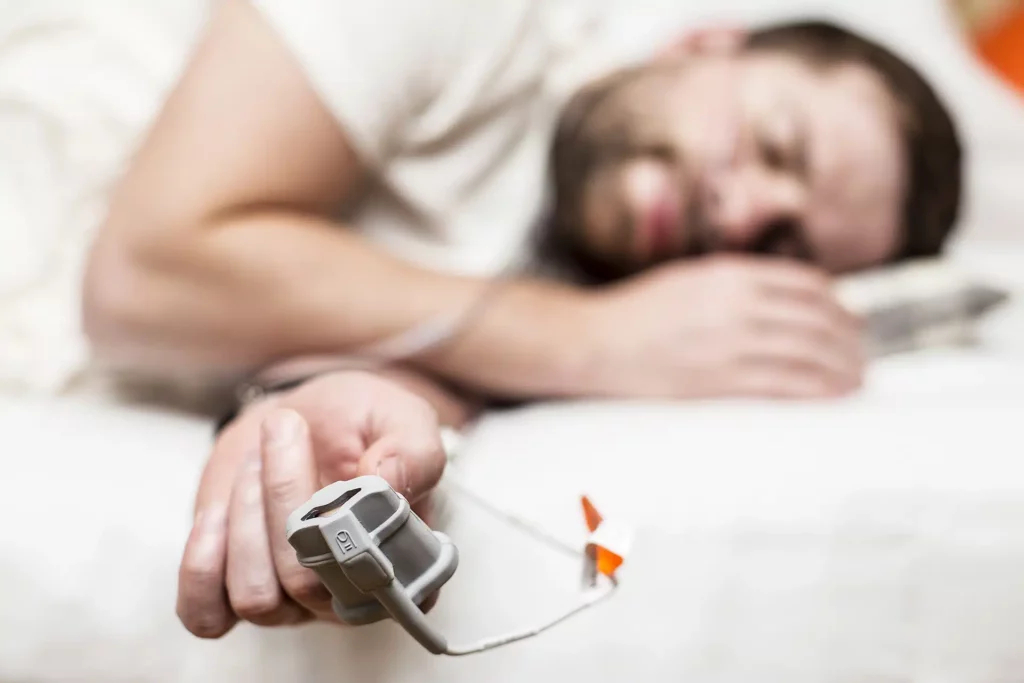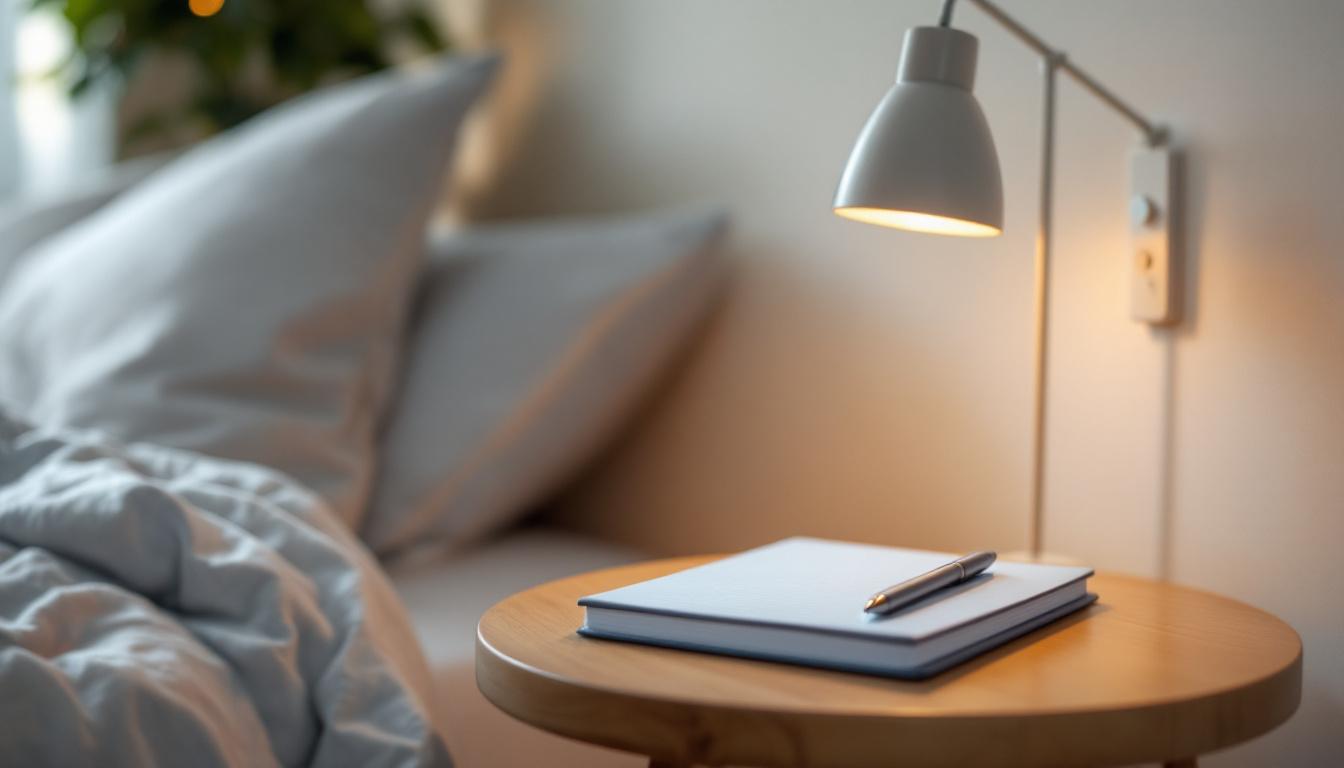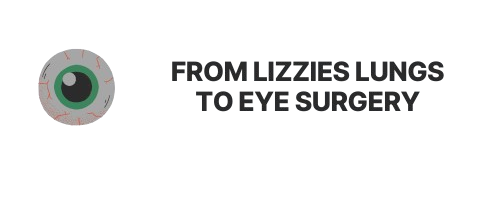Sleep Disorders Test: Signs You May Need One and How to Start
Sleep is a fundamental aspect of human health, yet millions of individuals struggle with sleep disorders that can significantly impact their quality of life. Recognising the signs that you may need a sleep disorders test is crucial for addressing any underlying issues. This article will explore the various indicators that suggest a sleep assessment may be necessary and provide guidance on how to initiate the testing process.
Understanding Sleep Disorders
Sleep disorders encompass a range of conditions that affect the ability to sleep well on a regular basis. They can manifest in various forms, including insomnia, sleep apnoea, restless legs syndrome, and narcolepsy, among others. Each of these disorders can lead to a host of complications, such as daytime fatigue, mood disturbances, and impaired cognitive function.

Sleep disorders test can have a profound impact on overall health and well-being. Recognising the signs that you may need a sleep disorders test is the first step towards reclaiming restful nights and rejuvenated days. By consulting with a healthcare professional and undergoing appropriate testing, individuals can gain valuable insights into their sleep health and take proactive steps towards improvement.
In Australia, it is estimated that around 40% of adults experience some form of sleep disturbance. This statistic underscores the importance of recognising the signs of sleep disorders early on, as timely intervention can lead to improved health outcomes and enhanced quality of life.
Common Types of Sleep Disorders
There are several prevalent sleep disorders, each with its own unique symptoms and treatment approaches. Understanding these can help individuals identify whether they may need a sleep disorders test.
- Insomnia: Characterised by difficulty falling or staying asleep, insomnia can be acute or chronic. It often leads to daytime sleepiness and irritability.
- Sleep Apnoea: This condition involves repeated interruptions in breathing during sleep, often resulting in loud snoring and excessive daytime fatigue.
- Restless Legs Syndrome: A compelling urge to move the legs, often accompanied by uncomfortable sensations, can disrupt sleep and lead to significant distress.
- Narcolepsy: This neurological disorder causes excessive daytime sleepiness and sudden sleep attacks, which can be dangerous in certain situations.
Signs You May Need a Sleep Disorders Test
Identifying the signs that suggest a sleep disorders test is necessary can be pivotal in addressing sleep-related issues. Here are some key indicators to consider:
Find more on: How Much Does a Sleep Study Cost in Australia
Persistent Daytime Fatigue
One of the most common signs that you may need a sleep disorders test is persistent daytime fatigue. If you find yourself feeling excessively tired during the day, despite having a full night’s sleep, it may indicate an underlying sleep disorder. This fatigue can affect your ability to concentrate, perform daily tasks, and maintain a healthy lifestyle.
Daytime fatigue can also lead to increased irritability and mood swings, further complicating personal and professional relationships. If you notice a consistent pattern of tiredness, it may be time to seek a professional evaluation.
Snoring or Breathing Difficulties
Snoring is often dismissed as a mere annoyance, but it can be a significant indicator of sleep apnoea, a serious condition that requires medical attention. If your partner or family members report that you snore loudly or experience pauses in breathing during sleep, it is essential to consult a healthcare professional.
Sleep apnoea can lead to severe health complications, including cardiovascular issues, high blood pressure, and diabetes. Early diagnosis and treatment can mitigate these risks and improve overall health. Read more about complications at https://www.urmc.rochester.edu/encyclopedia/collection?subtopicid=26105
Difficulty Concentrating and Memory Issues
Struggling to concentrate or experiencing memory lapses can be a direct result of poor sleep quality. Sleep disorders can disrupt the brain’s ability to process and retain information, leading to cognitive impairments. If you find that your work performance is suffering due to lack of focus or forgetfulness, a sleep disorders test may be warranted.
Moreover, chronic sleep deprivation can exacerbate mental health conditions, such as anxiety and depression, creating a vicious cycle that can be challenging to break. Addressing sleep issues early can improve cognitive function and emotional well-being.
How to Start the Process of Getting Tested
If you recognise any of the signs mentioned above, taking the first step towards a sleep disorders test is crucial. Here’s how to get started:

Consult Your General Practitioner
The initial step in seeking a sleep disorders test is to consult your general practitioner (GP). During this appointment, you can discuss your symptoms and any concerns you may have regarding your sleep patterns. Your GP will likely conduct a thorough medical history review and may ask you to complete a sleep diary to track your sleep habits over a period of time.
Based on your symptoms and the information gathered, your GP may refer you to a sleep specialist for further evaluation. This referral is essential for obtaining a comprehensive assessment of your sleep health.
Undergoing a Sleep Study
If referred to a sleep specialist, you may be required to undergo a sleep study, also known as polysomnography. This test typically takes place in a sleep clinic, where your sleep patterns will be monitored overnight. Various parameters, including brain activity, eye movements, heart rate, and breathing patterns, will be recorded to identify any abnormalities.
In some cases, home sleep tests may be available, allowing you to monitor your sleep in the comfort of your own home. These tests can provide valuable insights into your sleep patterns and help determine if further intervention is necessary.
Understanding the Results
Once the sleep study is complete, your sleep specialist will analyse the data collected and provide you with a comprehensive report. This report will outline any identified sleep disorders and recommend appropriate treatment options. Understanding your results is crucial for taking the necessary steps towards improving your sleep health.
In many cases, treatment may involve lifestyle changes, such as improving sleep hygiene, or medical interventions, such as continuous positive airway pressure (CPAP) therapy for sleep apnoea. Your sleep specialist will work with you to develop a tailored treatment plan that addresses your specific needs. Click here to find more about pressure.
Conclusion
Prioritising sleep is essential for maintaining physical health, emotional well-being, and cognitive function. If you suspect that you may be suffering from a sleep disorder, do not hesitate to seek help. The journey towards better sleep starts with awareness and action.


